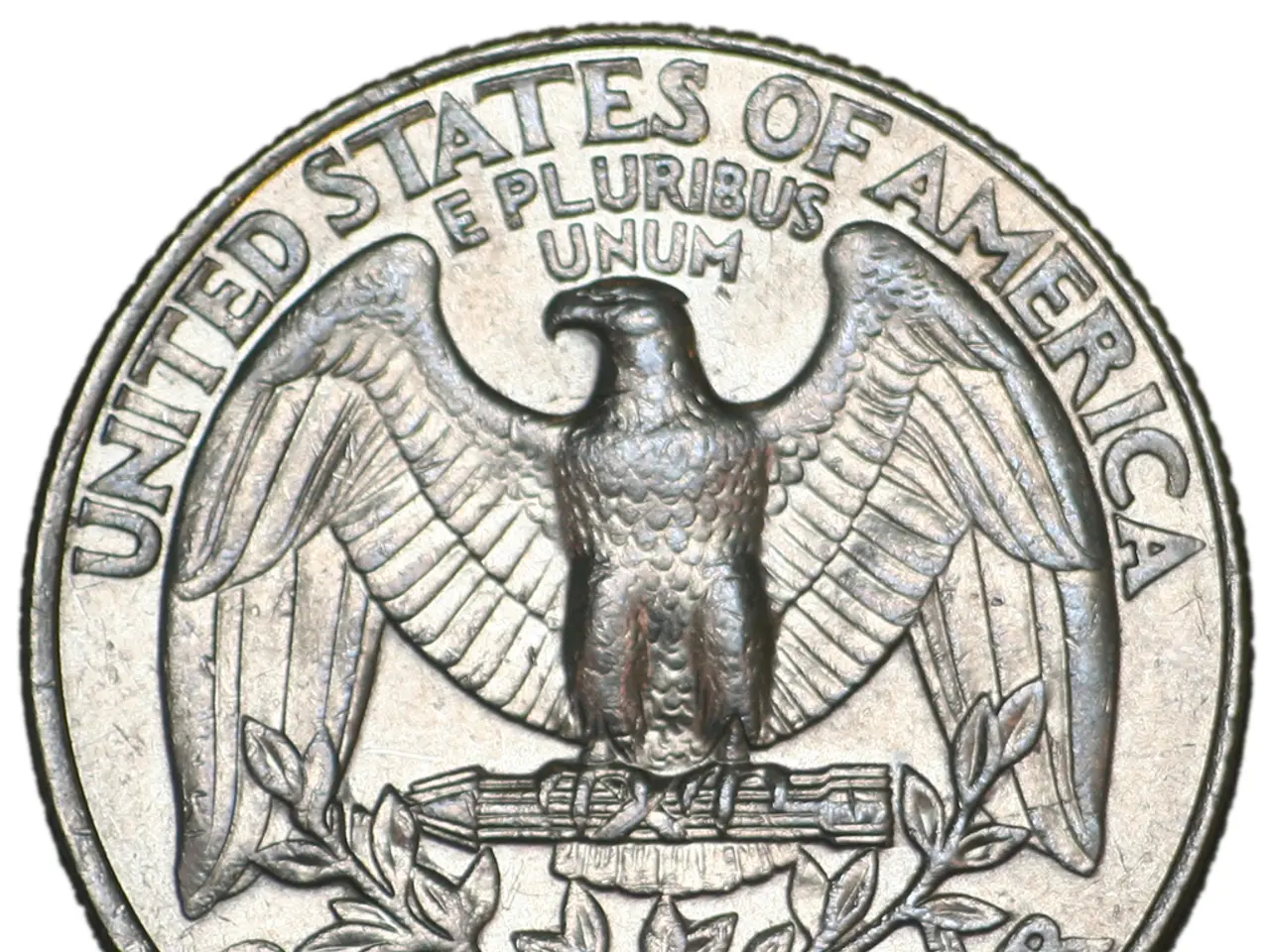Securities Commission declares meme coins as non-securities, while Elon Musk compares them to a casino.
In a significant move, the SEC's Division of Corporation Finance issued a Staff Statement in February 2025, clarifying that most memecoins are not considered securities under federal law. This strategic shift by the SEC indicates a focus on memecoins as speculative assets rather than investment contracts.
However, the SEC’s guidance is not a blanket exemption. The agency warned that memecoins could be reclassified as securities if promoters engage in managerial efforts to drive profits, leaving regulatory uncertainty about certain cases. This cautious stance reflects the SEC's ongoing vigilance in the memecoin market.
Commissioner Caroline Crenshaw dissented from the Staff Statement, describing the ruling as “incomplete” and signaling internal disagreement on the approach toward memecoin regulation. Her dissent keeps open the possibility of future SEC enforcement actions against some memecoin projects.
The SEC's guidance marks a step towards a more nuanced approach to memecoin regulation, but it does not resolve all legal and enforcement questions. The SEC compared meme coins to collectibles due to their primary value being driven by market demand and speculation. Commissioner Crenshaw, however, expressed concerns about eroding regulatory jurisdiction, pursuing fraudulent conduct, and giving special treatment to crypto assets over traditional assets or other emerging assets.
In addition to the SEC, other regulators are stepping in to oversee the memecoin space. The Commodity Futures Trading Commission (CFTC) may regulate memecoins as commodities, focusing on market manipulation. The Federal Trade Commission (FTC) could pursue deceptive marketing claims related to memecoins. Some state regulators, such as New York’s Department of Financial Services (NYDFS), are proposing laws to criminalize fraud and “rug pulls” in the virtual token market, with severe penalties including multi-million dollar fines and long prison terms.
This creates a patchwork regulatory environment with evolving oversight responsibilities beyond the SEC itself, increasing both risks and compliance complexity for memecoin projects and investors.
In summary, the SEC's guidance on memecoins provides a clearer picture of their legal status but leaves open significant questions. Commissioner Crenshaw's dissent highlights the need for more comprehensive oversight, and the roles of other regulators add to the regulatory complexity in the memecoin market. As the landscape continues to evolve, investors and projects must remain vigilant and aware of the ongoing regulatory developments.
Read also:
- Industrial robots in China are being installed at a faster rate than in both the United States and the European Union, as the global market for these robots faces a downturn.
- Experienced a 4,000-mile journey in my 2025 Lexus GX 550 on Trail, found the vehicle packed with power, yet the infotainment system exhibited a disconcerting habit of resetting my personal settings arbitrarily.
- Ford unveils affordable next-gen electric vehicles lineup
- Electrified 2026 Toyota RAV4 Debut







